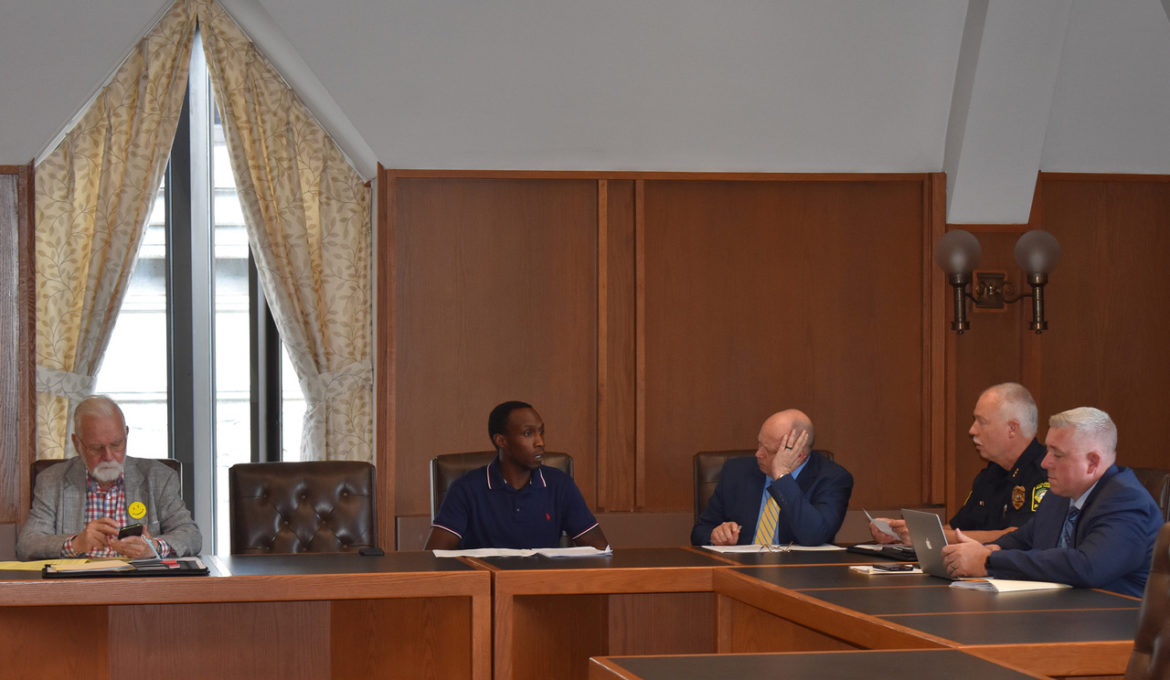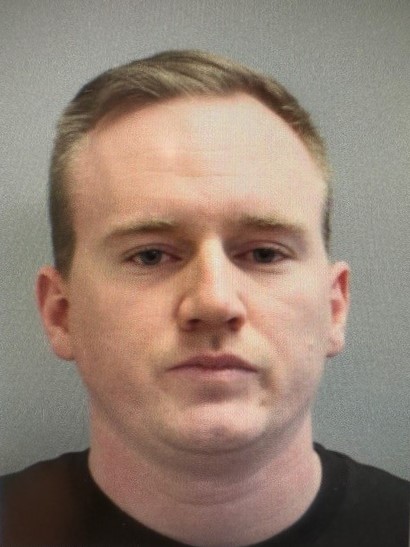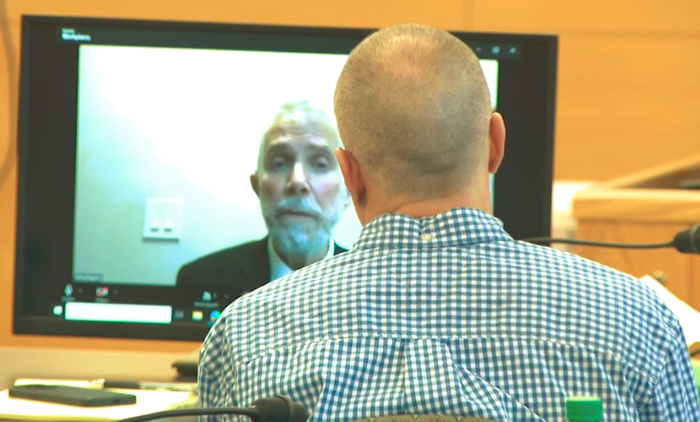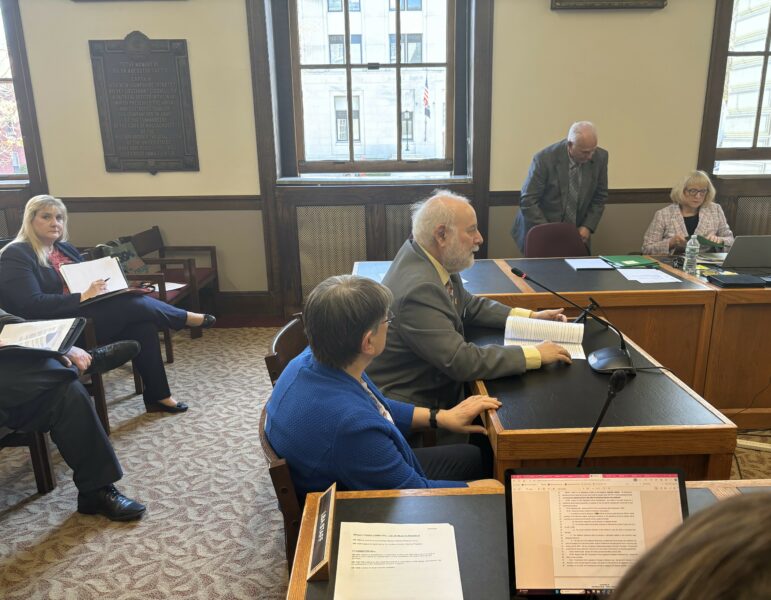By Thomas P. Caldwell, InDepthNH.org
By Thomas P. Caldwell
CONCORD — Members of a special legislative commission have agreed in general to a set of recommendations for the handling of police misconduct complaints.
Meeting in an extended session on Oct. 28, the panel reviewed an updated draft of the document they have been developing and gave it a go-ahead, even though some minor language adjustments have yet to be incorporated. The report is due to the state legislature on Nov. 1.
During Thursday’s meeting, Attorney General John Formella noted that any recommendation the commission makes will go through the legislative process where the current language may change. Some members expressed disagreements with some of the current wording or offered suggestions to be incorporated into the document, and Formella said he and Senior Assistant Attorney General Matthew Broadhead would attempt to clean up the language before it goes to the legislature, or during the legislative process.
Originally charged with making a recommendation on establishing an independent state agency to handle complaints about police misconduct, the commission is recommending the formation of a new Law Enforcement Conduct Review Committee that would be administratively attached to Police Standards and Training. The committee would comprise four members of law enforcement and three public members, with a staff attorney providing legal advice and carrying their recommendations to the Police Standards and Training Council.
Joseph Lascaze of the American Civil Liberties Union-NH registered his dissatisfaction with the fact that the recommendation does not conform to the original charge of establishing an independent entity, but he joined the rest of the commission in a unanimous endorsement of the final report.
The new committee would have the authority to review police misconduct complaints, to call for investigations of alleged misconduct, to review the results of the investigations, and to make a recommendation to the Police Standards and Training Council on whether to sustain or dismiss the charges, along with suggesting the appropriate punishment.
As part of its duties, the committee would have the right to question the validity of the investigation if the conclusions “are clearly not supported by the evidence or [the report] contains material errors or omissions of fact or law.” In making a determination of the investigation’s validity, the committee would have the authority to review all investigative documents and to request additional information from the local law enforcement agency.
“If the committee determines that a law enforcement agency’s investigation of the officer’s conduct did not constitute a valid investigation or was not fully completed, the committee or the Director [of Police Standards and Training] shall direct the complaint to be investigated,” the report states.
The determination of whether to sustain the findings lies with the Police Standards and Training Council. The commission is recommending that the council be enlarged to include 10 members of law enforcement, two judges, the attorney general or designee, and four members of the public.
In order to address concerns about the current exculpatory evidence schedule, or “Laurie List” of officers with credibility issues, and to balance the due process rights of accused officers with the public’s right to know about actions taken against officers, the commission’s recommendation calls for the Police Standards and Training Council to maintain a record of complaints that lists the date and nature of the complaint without identifying the officer or the employing agency. Additionally, the complaint review committee is to meet in private, with any documents it reviews being excluded from open records requests.
However, if the committee finds the complaint has merit and recommends a hearing before the council, that recommendation would be public and the hearing would take place in public, with all records also available to the public, with the exception of information that the council determines to meet the legal requirements for exclusion due to being an infringement on privacy rights such as involving medical and mental health information, or uninvolved family members.
The officer would have the right appeal a decision to the state Supreme Court, and those final results also would become public information.
The draft document circulated on Thursday deleted the full disclosure information, but Formella later explained it in an email by saying, “There were a lot of drafts floating around. We also made some additional tweaks today.”
He continued, “Here was the basic final agreement on disclosure today, which will be reflected in the final language that will be with the final report that we file Monday:
1.) During the Law Enforcement Conduct Review Committee’s review, all documents and info are confidential.
2.) If the Committee recommends that a finding of misconduct be sustained, that recommendation will be public and a public hearing of the Council will be scheduled.
3.) At the time of the public hearing, all documents and info the committee uses to present its recommendation to the Council will be public.
4.) Once the Council makes a final decision, that will be public along with all of the other info that the committee relied on in presenting its recommendation before the Council. An officer would then have the ability to appeal to the NH Supreme Court.
“This will be reflected in the final language that is filed with the report on Monday.”
T.P. Caldwell is a writer, editor, photographer, and videographer who formed and serves as project manager of the Liberty Independent Media Project. Contact him at liberty18@me.com.





